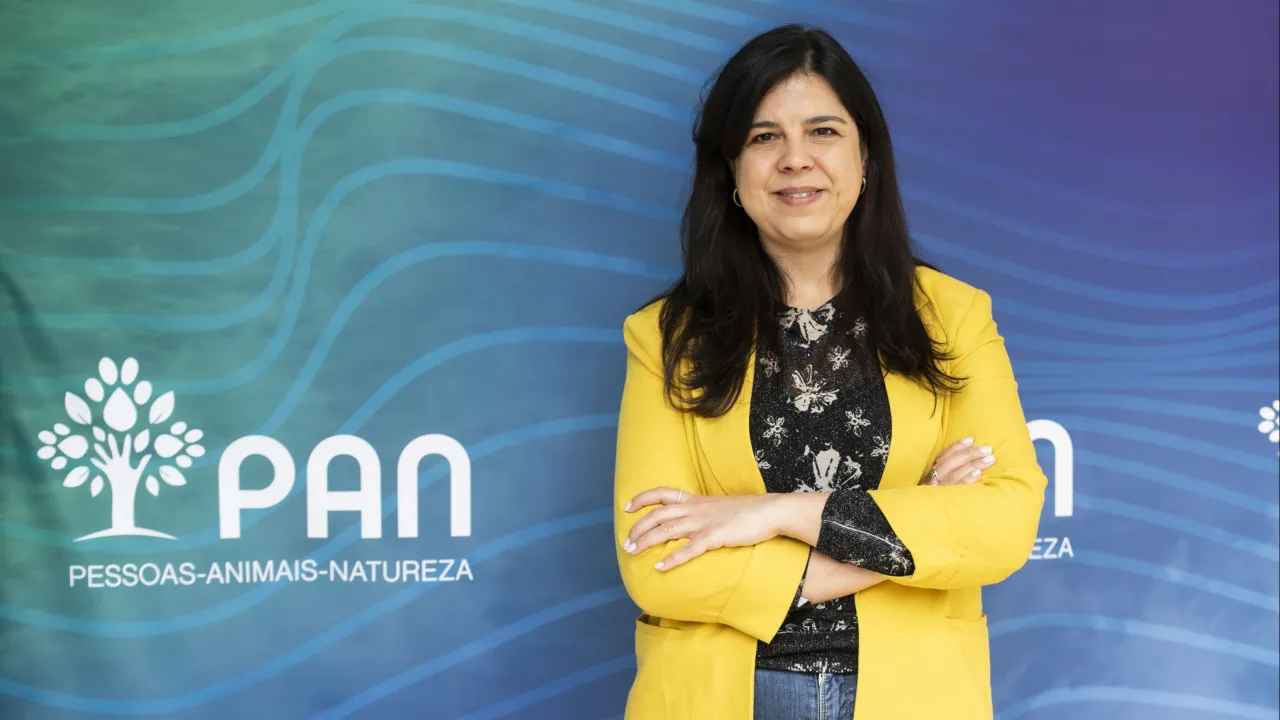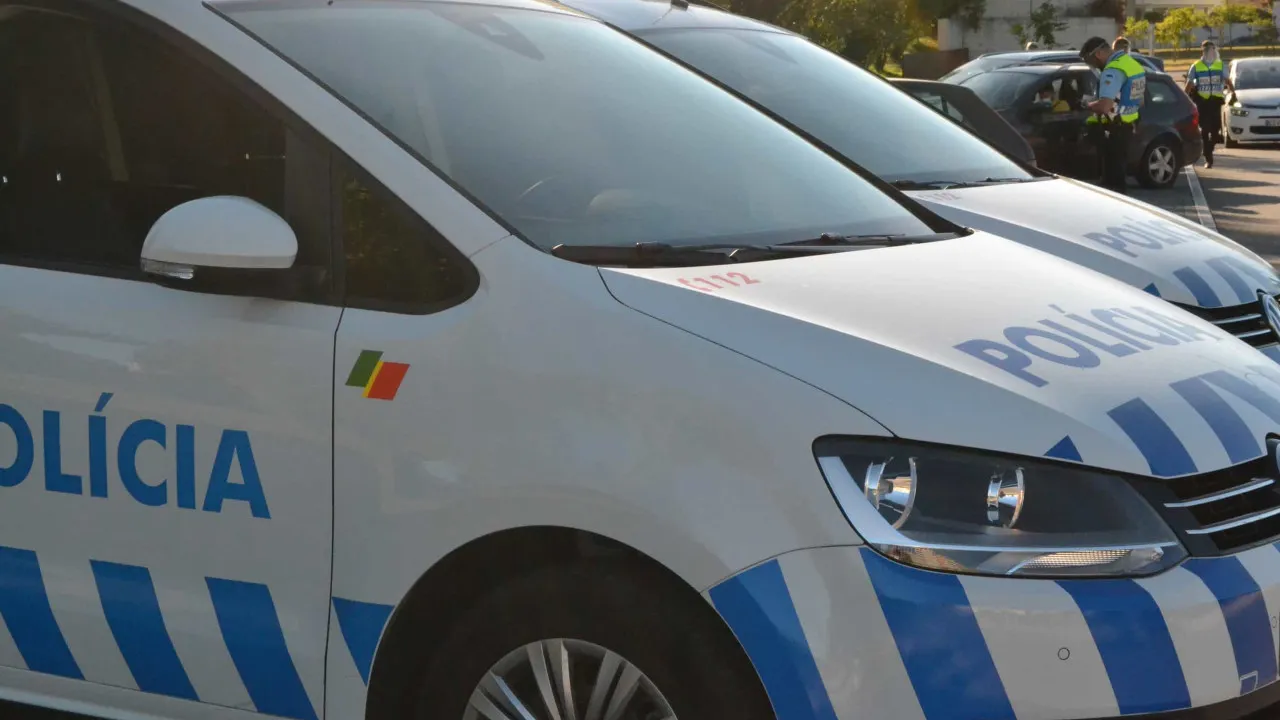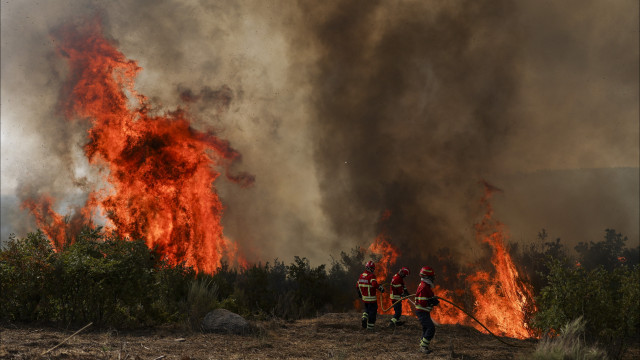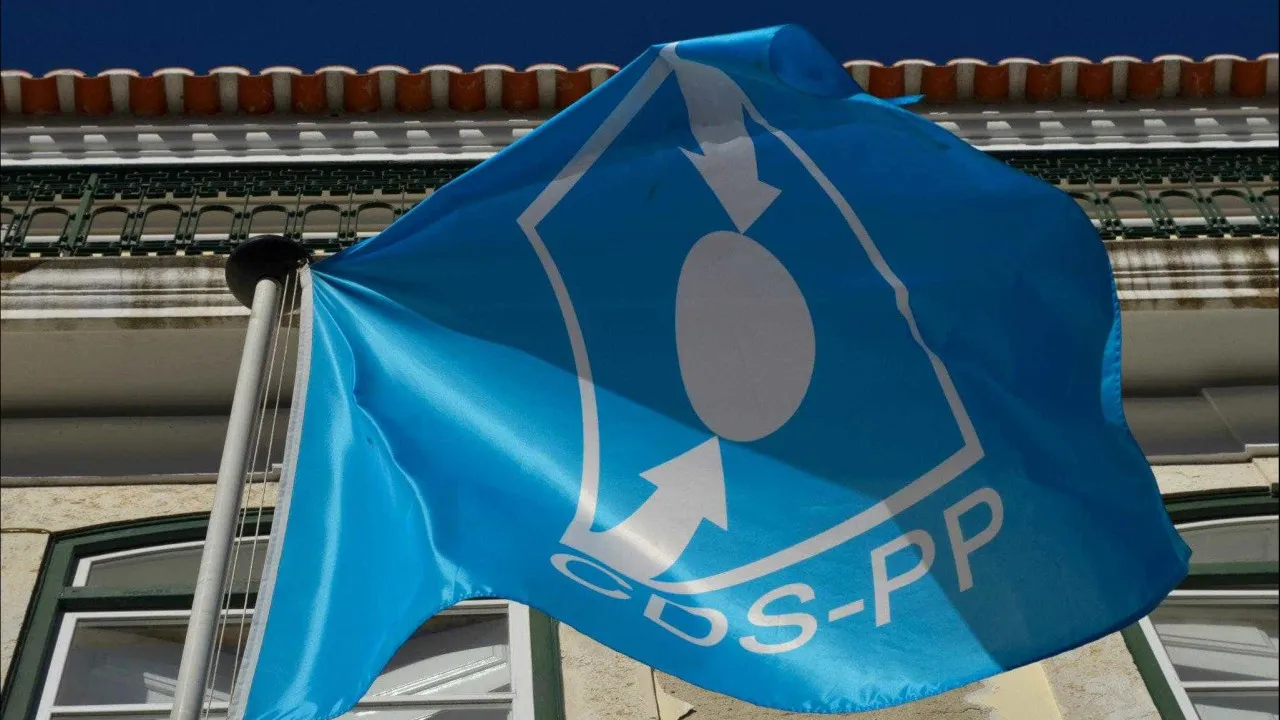
The party is yet to finalize all its candidate lists but currently has over twenty confirmed nominations, with a focus on forming coalitions rather than launching independent bids.
Despite a variety of political alliances, the PAN predominantly leans towards agreements on the left, notably in Lisbon, where it forms a coalition with PS, Livre, and Bloco de Esquerda. This coalition is led by the socialist Alexandra Leitão, aiming to defeat the social democrat Carlos Moedas in Portugal’s largest local authority.
The coalition agreement dictates that the first four spots on the Lisbon council list are allocated to PS, with Livre securing the fifth and seventh spots, Bloco de Esquerda taking the sixth, and PAN securing the eighth, represented by current municipal deputy António Morgado Valente.
In addition to Lisbon, PAN is partnering with socialists and other left-leaning entities in Ponta Delgada, Póvoa de Varzim, Coimbra, and Trofa. On the left but excluding PS, PAN collaborates in Loures, allying with Livre and BE against current socialist president Ricardo Leão, as well as in Cascais, Odivelas, Leiria, Silves, Santiago do Cacém, Albufeira, Figueira da Foz, and Vila do Conde.
PAN also aligns with PS in Vila Nova de Gaia, endorsing the candidacy of socialist João Paulo Correia, and in Oeiras, Braga, and Seixal.
In Porto, where PAN previously ran independently in 2021 and secured a municipal deputy position, it now backs the candidacy of Porto Council’s current vice-president, Filipe Araújo, who is running as an independent under the “Fazer à Porto” movement. PAN has secured the fourth and tenth spots on the Municipal Assembly list.
Turning to the right, PAN joins forces with PSD and IL in Sintra, under a bid led by Marco Almeida, and in Faro, where the coalition, alongside social democrats and liberals, includes MPT and CDS-PP, despite significant ideological differences on issues such as bullfighting—a major controversial issue with CDS favoring it and PAN opposing.
PAN’s collaborations with rightist factions have sparked internal criticism, highlighted in an open letter signed by over 100 members and supporters. The letter criticizes a perceived “absence of a coherent strategy” in the upcoming local elections, leading to seemingly random coalitions without clear ideological foundations, often based on promise of positions or lack of independent projects.
Prior to the letter’s release, party leader Inês de Sousa Real emphasized the necessity for PAN to engage in dialogues and alliances across the political spectrum, dismissing any dual approach to coalitions as she underscored the importance of considering unique local dynamics.
PAN plans to run independently mainly in the northern region, having approved candidate lists in Famalicão, Gondomar, Valongo, and Maia, with aspirations to contest nearly ten different locations between Porto and Aveiro districts.
The party will also present independent candidates in the Autonomous Region of Madeira, with Mónica Freitas in Funchal and Valter Ramos in Santa Cruz.
In the 2021 elections, PAN’s independent candidacies garnered 1.14% of the vote, insufficient to elect any councilors, but the party was successful in having 23 representatives elected to municipal assemblies and 16 in parish assemblies.
This year, PAN seeks to “strengthen the party’s representation across various local bodies,” without setting precise targets.




